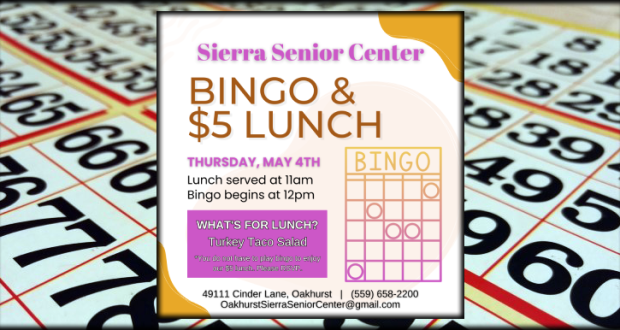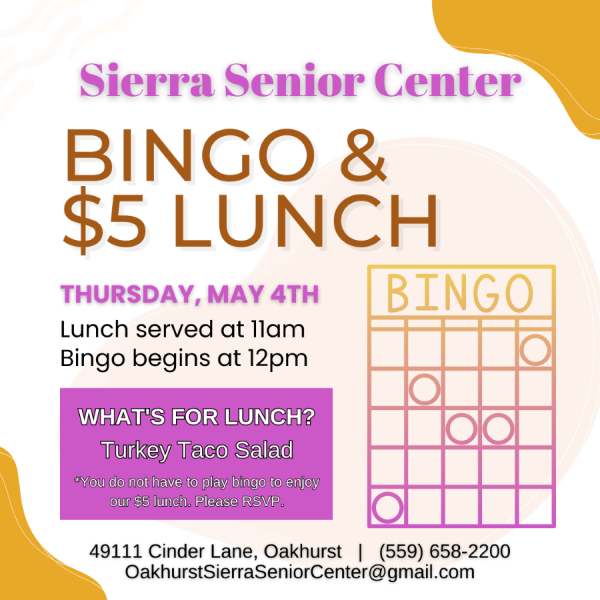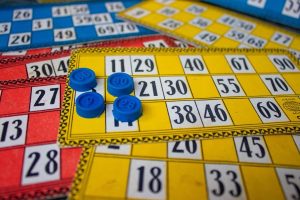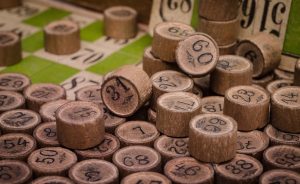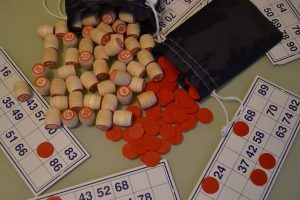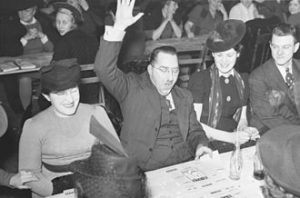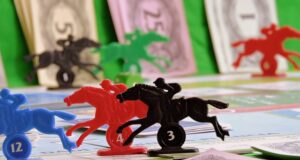OAKHURST — It’s turkey time at Sierra Senior Center! On the menu this week is a healthy and super-scrumptious turkey taco salad for only five dollars, followed by exciting games of Bingo! And even if you don’t want to play Bingo, you should still stop by for the taco salad. We’ll see you there!
Date & Time: Thursday, May 4, 2023, from 11 a.m. to 4 p.m. Bingo begins at noon.
Bingo is $19 per person.
Sale of bingo cards ends at 11:30 a.m. Additional cards available for purchase. Remember, cash only please. No bills over $20 accepted.
Open to the public, must be 18 years old to play.
Please RSVP for lunch by calling 559-658-2200 (leave a message) or via e-mail at oakhurstsierraseniorcenter@gmail.com.
Social Distancing Rules Apply
- If you are sick, please stay home.
- Unless you are from the same household, please space yourself six feet from other players or volunteers.
Come on out and support Sierra Senior Center!
Sierra Senior Center
49111 Cinder Lane
Oakhurst, CA 93644
559-658-2200
A Brief History of Bingo
The game of Bingo has a long and fascinating history, spanning over several centuries and continents. While the exact origins of the game are unknown, historians believe that its roots can be traced back to Italy in the 16th century. From there, the game spread to France, the United Kingdom, and eventually the United States, where it became one of the most popular pastimes in the country.
Early Origins of Bingo
The earliest version of Bingo can be traced back to a game played in Italy in the 16th century called “Lo Giuoco del Lotto D’Italia.” The game was a type of lottery in which players would purchase cards with numbers on them, and then the winning numbers would be drawn from a bag or other container. The game was so popular that it was played throughout Italy, and eventually made its way to France.
In France, the game was modified and played by the French aristocracy. The French version of the game was called “Le Lotto” and was similar to the Italian version, but with a few key differences. The French version of the game used a 9 x 3 grid, with the numbers 1-90 being used. The cards were also divided into three rows and nine columns, with each row containing five numbered squares and four blank squares. The game of Le Lotto was played throughout France, and eventually made its way to Germany, where it was known as “Tombola.” The game was also introduced to Great Britain, where it became known as “Housey Housey.”
Bingo in the United States
The game of Bingo as we know it today was first introduced to the United States in the early 20th century. The game was initially called “Beano” and was played at carnivals and fairs throughout the country. The game was called Beano because players used dried beans to mark their cards when a number was called out.
Beano was a simple game that was played using cards with numbered squares. The caller would select numbered tokens from a cigar box and call out the numbers. The first player to cover all of the numbers on their card would shout “Beano!” and win a small prize.
The game became popular in the United States and was eventually renamed “Bingo” after a player yelled out “Bingo!” instead of “Beano!” when she won the game. The name stuck, and the game of Bingo became a popular pastime throughout the country.
Bingo Halls
In the 1930s, Bingo began to be played in dedicated halls, with larger prizes and more players. These Bingo halls were often run by churches or other non-profit organizations and were used as a way to raise money for charitable causes.
Bingo halls became very popular, and by the 1950s, there were over 10,000 Bingo halls in the United States. Players would purchase cards for a small fee, and the money would be pooled together to form a prize pool. The first player to mark off all of the numbers on their card would call out “Bingo!” and win the prize.
Bingo halls became a social gathering place for many people, and the game of Bingo became a popular pastime for seniors and other groups. Many Bingo halls offered food and drinks, and some even had live music.
The Modern Game of Bingo
In recent years, the game of Bingo has evolved and changed with the times. The introduction of the internet and online gaming has made it possible to play Bingo from anywhere in the world, at any time.
Online Bingo sites offer a wide variety of games and prizes, and players can choose from different types of Bingo games, including 75-ball, 80-ball, and 90-ball Bingo. Players can also choose from different themes and graphics, making the game even more appealing. Whatever the future holds for Bingo, it is sure to be with us for a very long time!
Check out this short video with some tips for winning more Bingo games!

